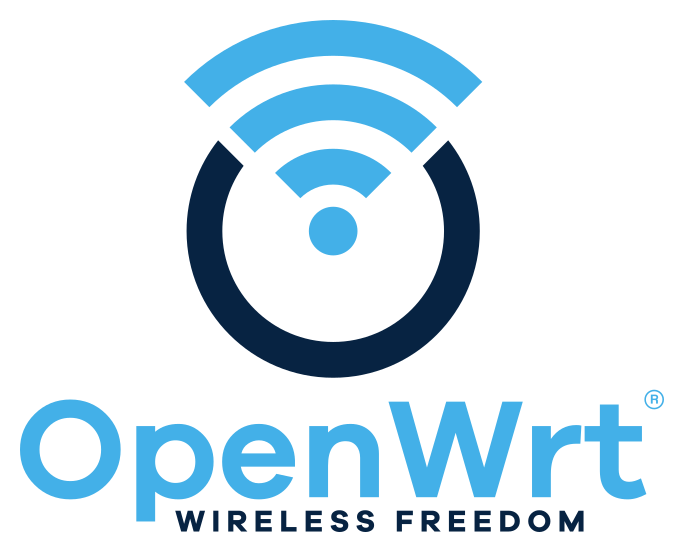Voxel
Part of the Furniture
Continuation of:
https://www.snbforums.com/threads/custom-firmware-build-for-r9000.40125/
. . .
https://www.snbforums.com/threads/custom-firmware-build-for-r9000-r8900-v-1-0-4-72hf.88144/
https://www.snbforums.com/threads/custom-firmware-build-for-r9000-r8900-v-1-0-4-73hf.89539/
New version of my custom firmware build: 1.0.4.74HF.
Changes (vs 1.0.4.73HF):
1. Toolchain: GCC is upgraded 13.2.0->14.1.0.
2. Toolchain: Go is upgraded 1.22.2->1.22.3.
3. dropbear package is upgraded 2022.83->2024.85 (fixing CVE-2023-48795).
6. curl package is upgraded 8.7.1->8.8.0.
7. libubox package is upgraded 2024-01-26->2024.03.29.
8. libcap-ng package is upgraded 0.8.4->0.8.5.
9. libgpg-error package is upgraded 1.48->1.49.
10. e2fsprogs package is upgraded 1.47.0->1.47.1.
11. iperf3 package is upgraded 3.16->3.17.1.
12. nano package is upgraded 7.2->8.0.
13. pciutils package is upgraded 3.11.1->3.12.0.
14. iw package is upgraded 6.7->6.9.
15. Add 'libatomic' package.
16. Multiple packages: fix compilation by gcc 14.1.0 compiler.
17. Host tools: upgrade e2fsprogs to 1.47.1.
18. Host tools: upgrade UPX to 4.2.4.
The link is:
https://www.voxel-firmware.com (thanks to vladlenas for his help with hosting).
NOTE:
The most important changes in this release are an update of OpenSSL v. 1.1.1 to OpenSSL v. 3.0.x and updating the GCC compiler to version 14.1.0.
Voxel.
https://www.snbforums.com/threads/custom-firmware-build-for-r9000.40125/
. . .
https://www.snbforums.com/threads/custom-firmware-build-for-r9000-r8900-v-1-0-4-72hf.88144/
https://www.snbforums.com/threads/custom-firmware-build-for-r9000-r8900-v-1-0-4-73hf.89539/
New version of my custom firmware build: 1.0.4.74HF.
Changes (vs 1.0.4.73HF):
1. Toolchain: GCC is upgraded 13.2.0->14.1.0.
2. Toolchain: Go is upgraded 1.22.2->1.22.3.
3. dropbear package is upgraded 2022.83->2024.85 (fixing CVE-2023-48795).
(score 5.9. Medium)
4. unbound package (used in stubby) is upgraded 1.19.3->1.20.0 (fixing CVE-2024-33655).(score 3.7, Low)
5. OpenSSL v. 1.1.1 package is upgraded to OpenSSL v. 3.0.x 1.1.1w->3.0.13.6. curl package is upgraded 8.7.1->8.8.0.
7. libubox package is upgraded 2024-01-26->2024.03.29.
8. libcap-ng package is upgraded 0.8.4->0.8.5.
9. libgpg-error package is upgraded 1.48->1.49.
10. e2fsprogs package is upgraded 1.47.0->1.47.1.
11. iperf3 package is upgraded 3.16->3.17.1.
12. nano package is upgraded 7.2->8.0.
13. pciutils package is upgraded 3.11.1->3.12.0.
14. iw package is upgraded 6.7->6.9.
15. Add 'libatomic' package.
16. Multiple packages: fix compilation by gcc 14.1.0 compiler.
17. Host tools: upgrade e2fsprogs to 1.47.1.
18. Host tools: upgrade UPX to 4.2.4.
The link is:
https://www.voxel-firmware.com (thanks to vladlenas for his help with hosting).
NOTE:
The most important changes in this release are an update of OpenSSL v. 1.1.1 to OpenSSL v. 3.0.x and updating the GCC compiler to version 14.1.0.
Voxel.
Last edited:



